Breaking Down Breast Pain: Why are My Breasts Sore and What Can I Do About It?
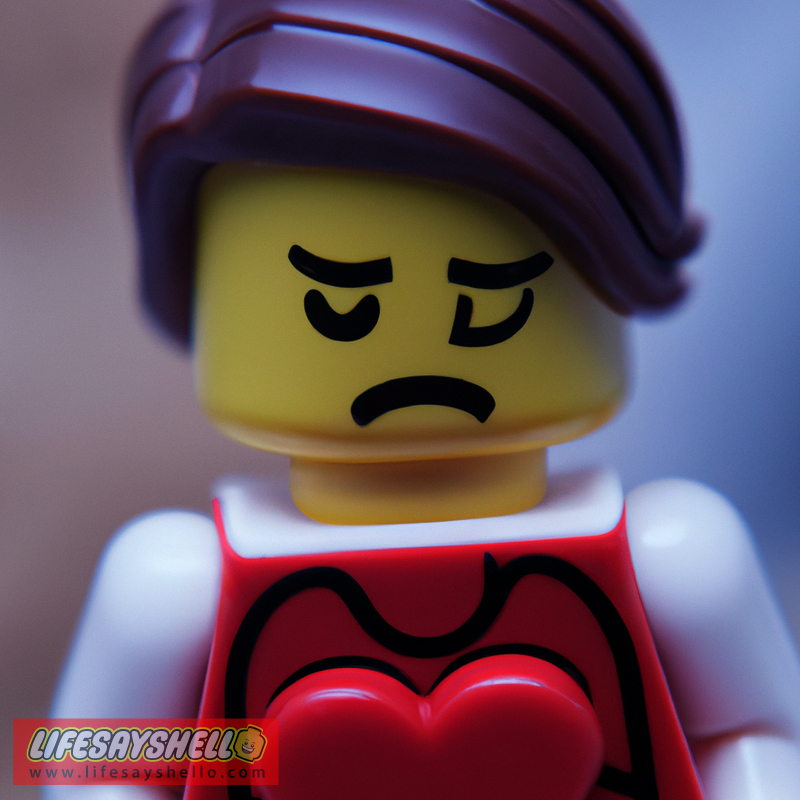
Hey there, it's totally normal to wonder, "Why are my breasts sore?" Especially when it hits you out of the blue. But don't worry, we're here to help quell your worries and shed some light on this mystery.
Introduction
Welcome! We're here to dive deep into a question most of us have had at some point: "Why the heck are my breasts sore?" Great question. Breast soreness, or as the pros call it, mastalgia, can sneak up on you and cause quite a bit of concern. But worry not, we’ve got your back.
Understanding the possible causes of breast pain can help in finding solutions and deciding on your next steps. Plus, it’s always good to know what the heck's going on with our bodies, right?
Hormonal Changes: The Prime Culprit
So you've noticed your breasts tend to get sore around "that time of the month?" Well, congratulations on your keen observation! You are not alone. This is super common and is usually due to hormones doing their monthly dance.
Hormonal fluctuations during your menstrual cycle can cause your breast tissue to change, often leading to tenderness or soreness. It might be annoying, but it's all part of the body's normal process. We dive into pain management methods like over-the-counter pain relievers, exercise, and good old heat – hot showers, heat packs, you name it!
You've probably noticed your breasts tend to have a bit of a sulk around "that time of the month". Well, you’re not hallucinating. You can blame this on Mr. Hormones. Hormonal changes during menstrual cycles can cause your breast tissue to expand, often leading to pain or discomfort. It's a remarkably common occurrence and often nothing to worry about.
These hormonal changes - usually the push-and-pull between estrogen and progesterone - can cause the breasts to feel swollen or lumpy, and sometimes even lead to a heavy or dull achy feeling. Sound familiar? While it's totally normal, it doesn't mean you have to put up with it. Simple solutions such as over-the-counter pain relievers, light exercising, or applying heat could help manage the pain.
Although some level of discomfort may be considered normal, severe or persistent pain is not. If hormonal breast pain starts impacting your day-to-day life or if the pain persists after your period, it's time to book a visit with your healthcare provider.
Injuries and Strains
Have you ever had a really intense workout session or maybe you've slept in a weird position and woken up feeling achy around your chest area? This could be a sign of pectoral muscle strain, which happens to the muscles located under your breasts.
Breast pain related to muscle strains or sprains can feel like a sharp or shooting pain, and you might notice it more when you're using your chest muscles, for example, during push-ups. The pain might seem to be coming from the breast, but it's just those muscles near them causing a bit of a ruckus.
If you've just started a new workout routine or are trying to push through that extra heavy weightlifting session, be careful and don't overdo it. Remember, slow and steady wins the race. If your muscles hurt after exercising, take it easy and use cold compresses to soothe the pain. If you're not sure, it's always a good idea to check with the healthcare provider to make sure the pain isn't coming from something else.
The Impact of Ill-Fitting Bras
There's nothing quite as liberating as the end of a long day when you finally get to free your breasts from the clutches of a constricting bra. If this sounds familiar, you may have fallen prey to the quintessential ill-fitting bra.
Wearing an ill-fitting bra can result in discomfort, pinching, chaffing and, guess what? Breast soreness. That's correct - your bra could literally be causing your breasts to hurt. Not cool. Wearing a bra that fits correctly is like inviting your breasts to a luxury spa - it should feel supportive and comfortable. Plus, it can make your outfit look better too. In this section, we'll take you through a step-by-step guide on how to measure yourself for a bra and top tips on selecting the perfect bra.
Don't let your bra hold you captive. Keep in mind that bra sizes can change due to factors like weight loss, gain, pregnancy or aging. It's always a good idea to get re-measured every year or so. Free the boob!
Pregnancy and Breast Soreness
Oh baby, baby! If you've recently discovered a new life growing inside you, congratulations! Pregnancy is a one-of-a-kind adventure, filled with loads of surprises, including... yup, breast soreness.
Breast soreness often comes as an early pregnancy symptom, usually starting after the first couple of weeks from conception. Your hormones are running wild at this stage, and they're kicking your body into high gear to prepare for baby's arrival (isn't it kind of fascinating?). One major change is breast soreness or tenderness, something that almost 80% of pregnant women experience.
As your pregnancy progresses, your breasts will undergo significant changes as they prepare to produce and store milk. They'll grow larger and heavier, which can contribute to the soreness (but hey, it's all for a good cause!).
Some women find relief in wearing supportive bras or sleep/sports bras which offer gentle support and comfort. You can also try warm or cold compression, depending on what feels better for you, and ensure proper hydration and balanced nutrition throughout your pregnancy journey.
Here's a quick reminder though: no two pregnancies are the same. If you have specific concerns about any changes during your pregnancy, your healthcare provider is your new BFF. They'll be able to guide and support you through this wild ride!
Other Potential Reasons for Breast Soreness
While we've covered some of the most common causes of breast soreness, it's essential to remember that not all breast pain is created equal. In rare cases, it could be a sign of something more serious, such as breast cancer or an infection. We're not here to scare you; we just want to make sure you know what's up and when to take action.
Breast cancer is not usually painful, but it's important to pay close attention to any unusual changes in your breast, such as unexplained lumps, puckering of the skin, nipple discharge, or abrupt changes in size and shape. While most breast lumps are not cancerous, it's always crucial to get them checked out by a healthcare provider.
Another painful culprit could be infections, such as Mastitis. It usually occurs during breastfeeding, but not exclusively. Mastitis causes redness, tenderness, swelling, and sometimes fever. If you suspect an infection, it's time to call the doc. They can help diagnose, prescribe antibiotics or medications, and get you on the road to recovery.
Conclusion
In a nutshell, breast soreness can be attributed to hormonal changes, muscle strains, ill-fitting bras, pregnancy, and even more serious conditions. While some discomfort is par for the course, never hesitate to consult with a healthcare provider if your pain is severe, persistent, or causes you concern.
Stay aware of your body and its changes (after all, it's the only one you've got!). By knowing how to take care of yourself, you're on a straight path towards pain-free breasts and an overall healthier you.
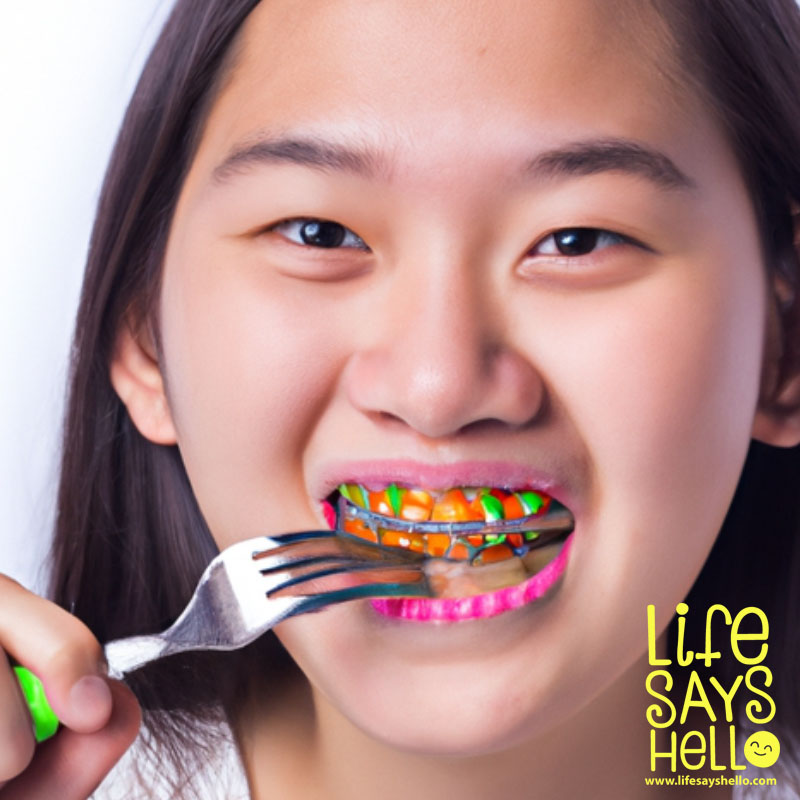
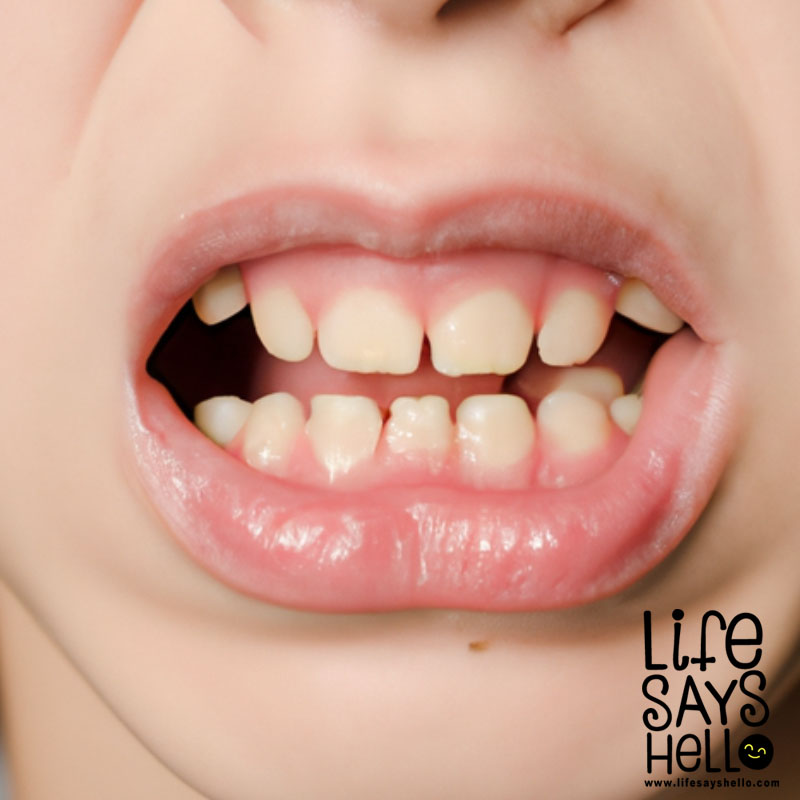
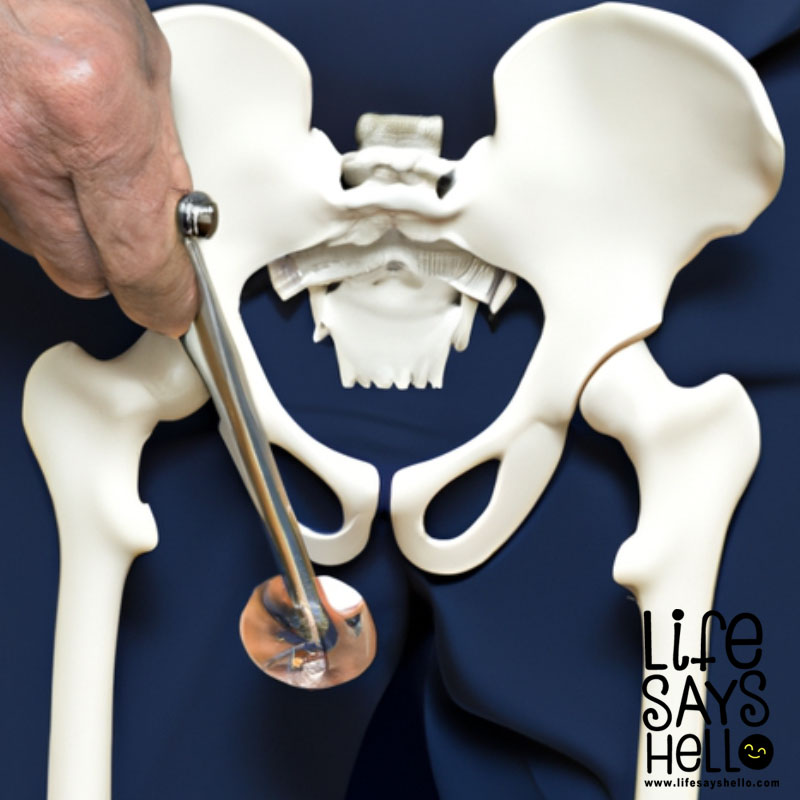
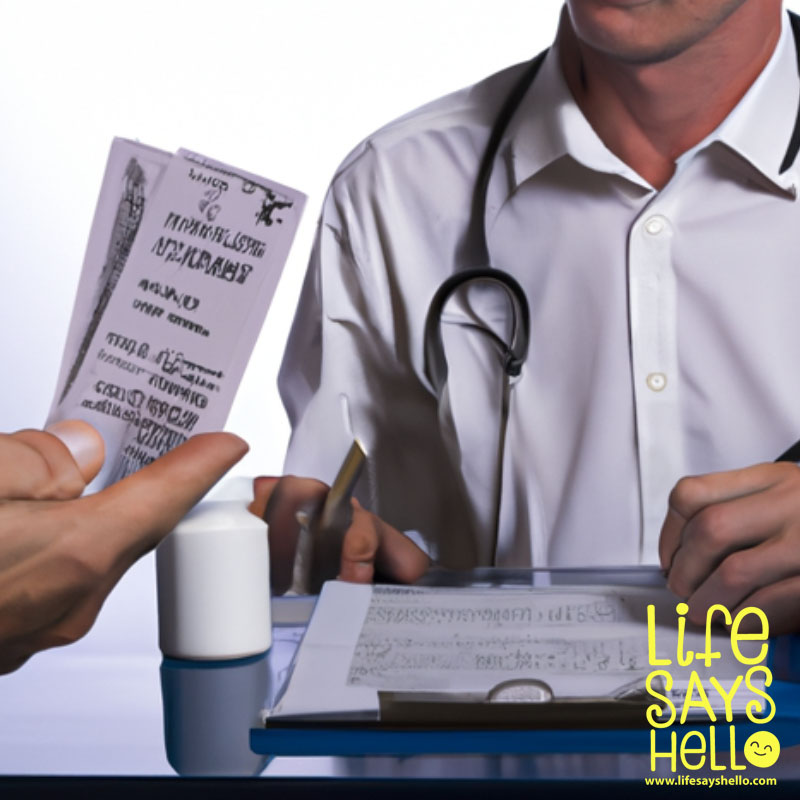
Comments